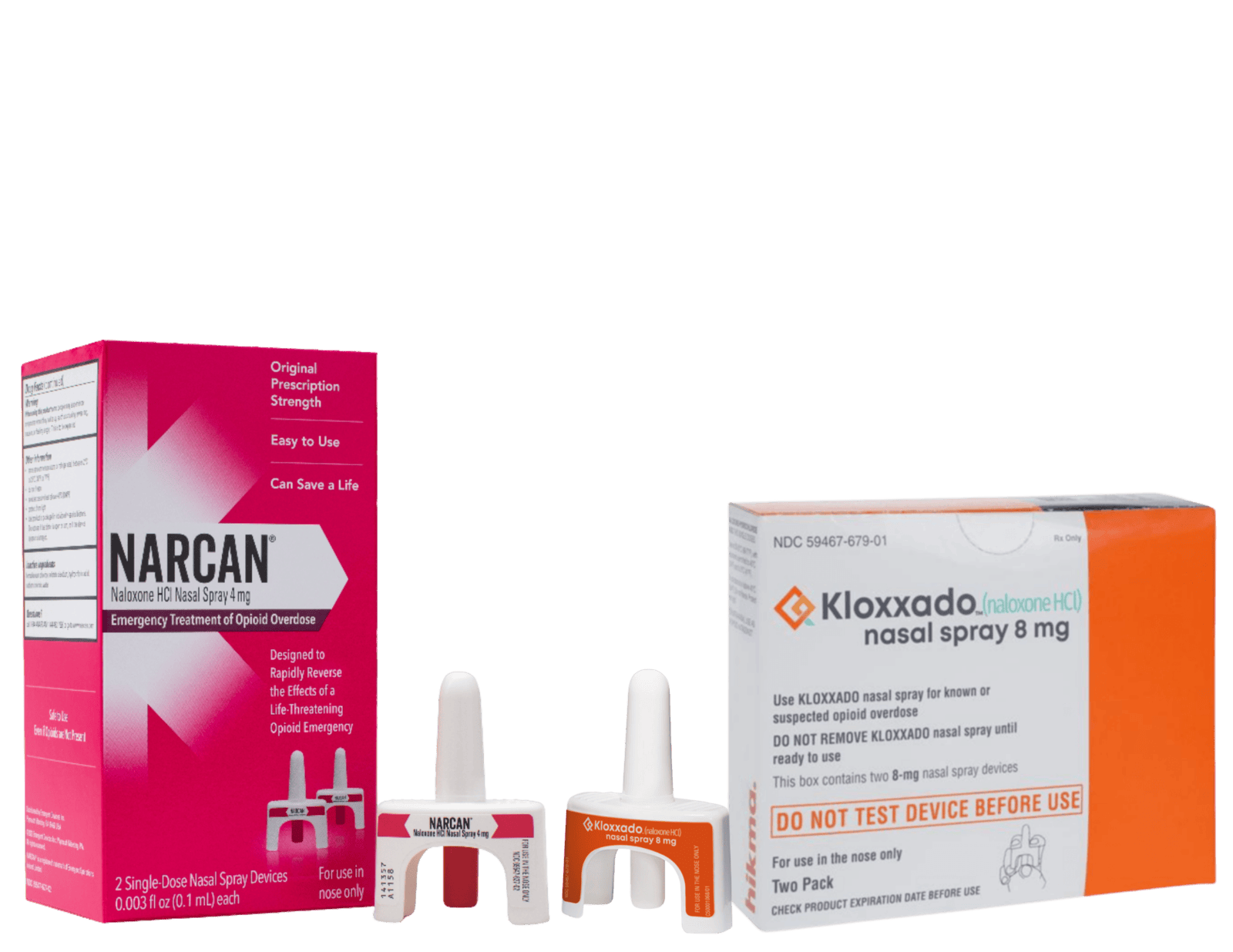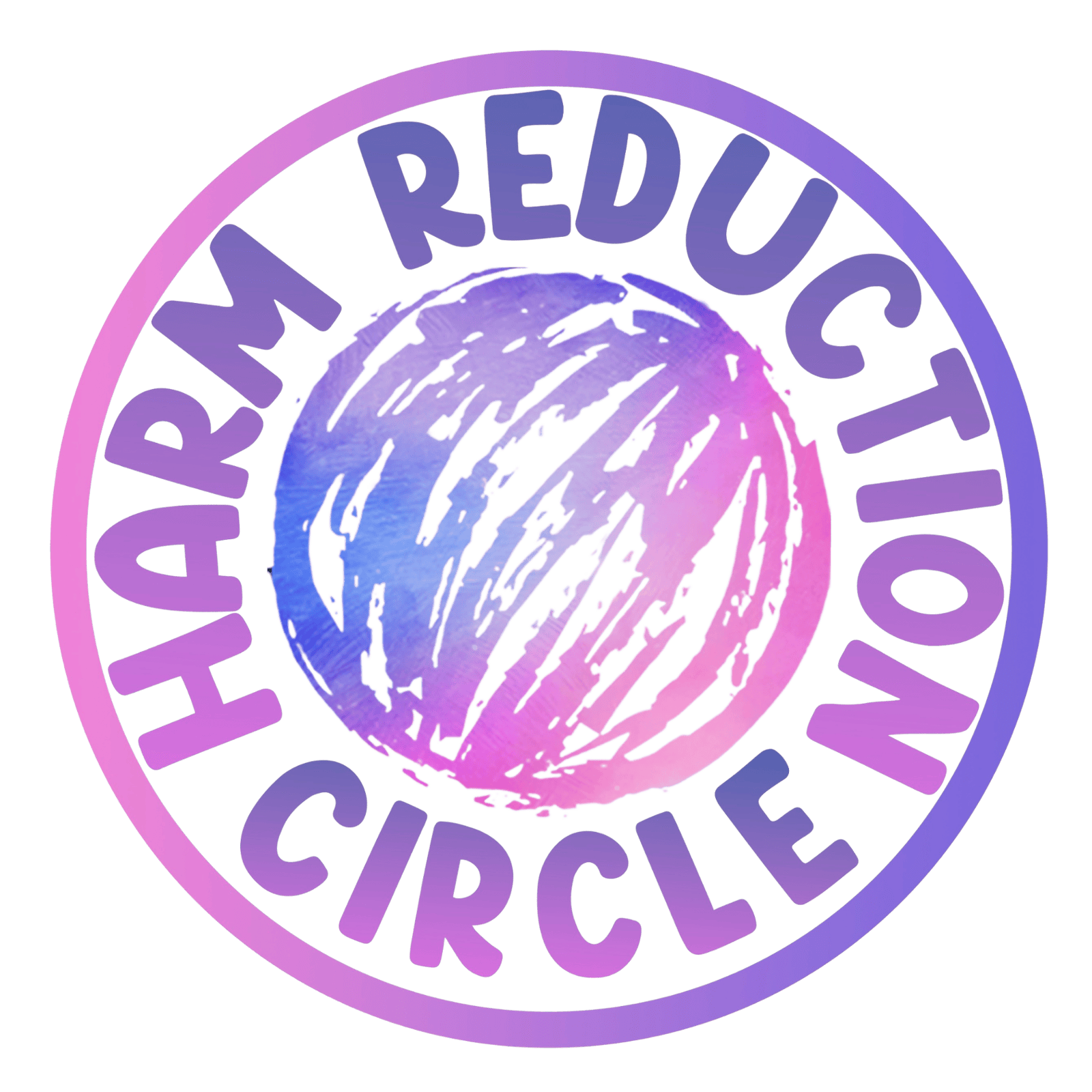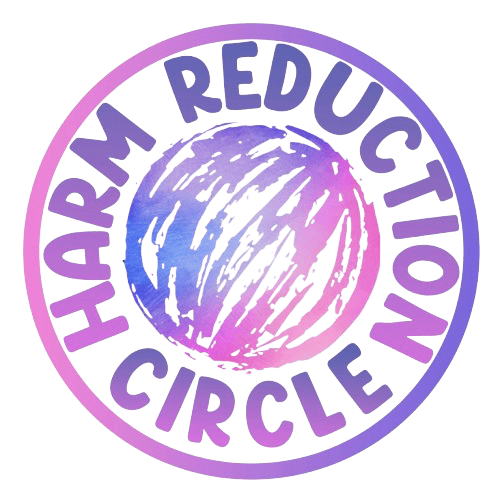Get in touch with us
We're here to help with all your harm reduction or support service needs. If you have any questions, inquiries, feel free to reach out to us. We encourage reaching out via text message if possible.
Address Info
Communication Info
Business Hours
Harm Reduction Circle
P.O. Box 5564
Irvine, CA 92616
+1 (949) 659-8180
text message is preferred
info@harmreductioncircle.org
Delivery Hours:
Monday to Thursday: 10:00am - 4:00pm
Friday to Sunday: 10:00am - 10:00pm
Voices of Change: Harm Reduction Quotes
"Harm reduction means just trying to make the situation the least harmful it can be, even if that means sometimes still engaging with the harmful behavior."
— Rocky, 22-year-old gender-questioning queer person
"I am working with people who use drugs to help them as best I can, without asking them to stop, meeting them where they are at, not where we want them to be."
— Natasha Howlett
"Having a cop teach a ‘D.A.R.E’ class is like having a nun teach a sex education class."
"If you question harm reduction works, I can’t help but wonder if you have ever actually seen what happens in these spaces. We promote health safety and dignity, and it works. It is simple, beautiful and changes peoples lives."
"If you question harm reduction works, I can’t help but wonder if you have ever actually seen what happens in these spaces. We promote health safety and dignity, and it works. It is simple, beautiful and changes peoples lives."
"There comes a point where we need to stop just pulling people out of the river. We need to go upstream and find out why they’re falling in."
"If your child had a problem with drugs, what do you think would help them most? A doctor’s appointment or a criminal record?"
"All of us know someone who has an addiction, and all of us can do our part to change how we view people with addiction in the United States. So when you see someone with an addiction, don’t think of a drunk or a junkie or an addict or an abuser — see a person; offer them help; give them kindness and compassion. And together, we can be part of a growing movement in the United States to change how we view people with addiction. Together we can change public policy."
"All of us know someone who has an addiction, and all of us can do our part to change how we view people with addiction in the United States. So when you see someone with an addiction, don’t think of a drunk or a junkie or an addict or an abuser — see a person; offer them help; give them kindness and compassion. And together, we can be part of a growing movement in the United States to change how we view people with addiction. Together we can change public policy."
"Unless someone like you cares a whole awful lot. Nothing is going to get better. It’s not."
"Unless someone like you cares a whole awful lot. Nothing is going to get better. It’s not."
"There is no war on drugs, because you can’t war on inanimate objects. There’s only a war on drug addicts. Which means we are warring on the most vulnerable members of society."
"There is no war on drugs, because you can’t war on inanimate objects. There’s only a war on drug addicts. Which means we are warring on the most vulnerable members of society."
"Rather than resort to fear-mongering, we will equip our young people with knowledge, warning them about the risks of drug misuse in a realistic and scientifically grounded way. We cannot control all their choices, but by treating them with respect and giving them sound information, we can ensure they have what they need to make good choices for themselves."
"It’s painfully obvious that a lot of drug deaths are linked to ignorance, and there’s a lot we could do to avoid them by providing the most basic information."
"Not only am I a better doctor, but a better person for my involvement in the harm reduction community, because the other people here keep me honest."
"Not only am I a better doctor, but a better person for my involvement in the harm reduction community, because the other people here keep me honest."
"In terms of big trends I think the increase in many countries in the purity and quality of drugs like cocaine and MDMA are placing more people at risk. It’s simply not true that better quality drugs are safer. They could be if people were better informed about what they were using and educated more practically about safer ways of using."
"But more counseling and more kits aren’t going to end the crisis. Surveyed front-line workers were clear that the problem isn’t fentanyl – it is a combination of poverty, homelessness, and a lack of mental health supports that is fueling the crisis."
"Maybe I don’t want you to be injecting drugs, maybe I don’t want you to put your life at risk. But that doesn’t mean that I can’t accept that that’s what you’re doing with compassion, and then see how I can possibly be helpful to you."
"Maybe I don’t want you to be injecting drugs, maybe I don’t want you to put your life at risk. But that doesn’t mean that I can’t accept that that’s what you’re doing with compassion, and then see how I can possibly be helpful to you."


